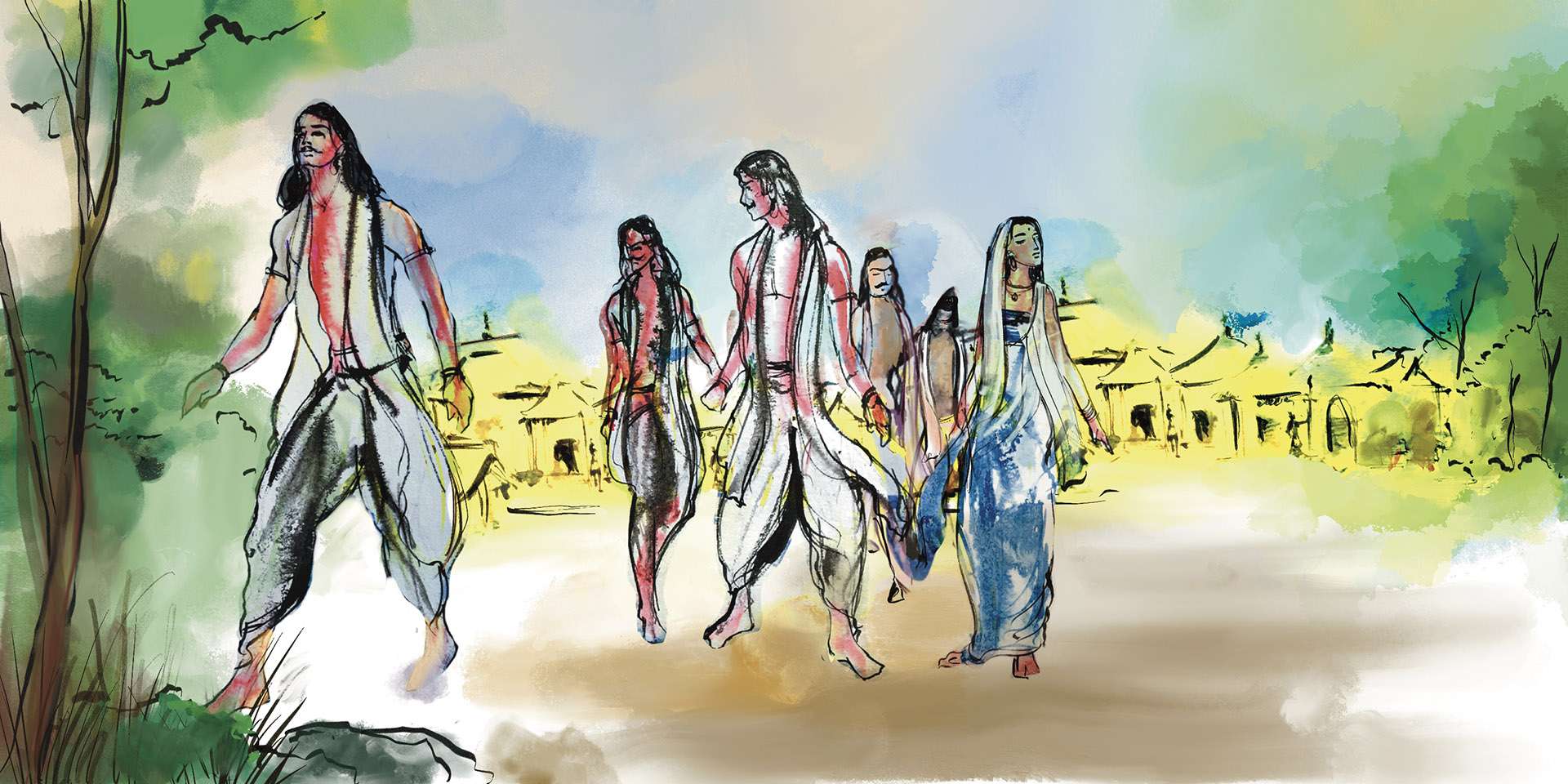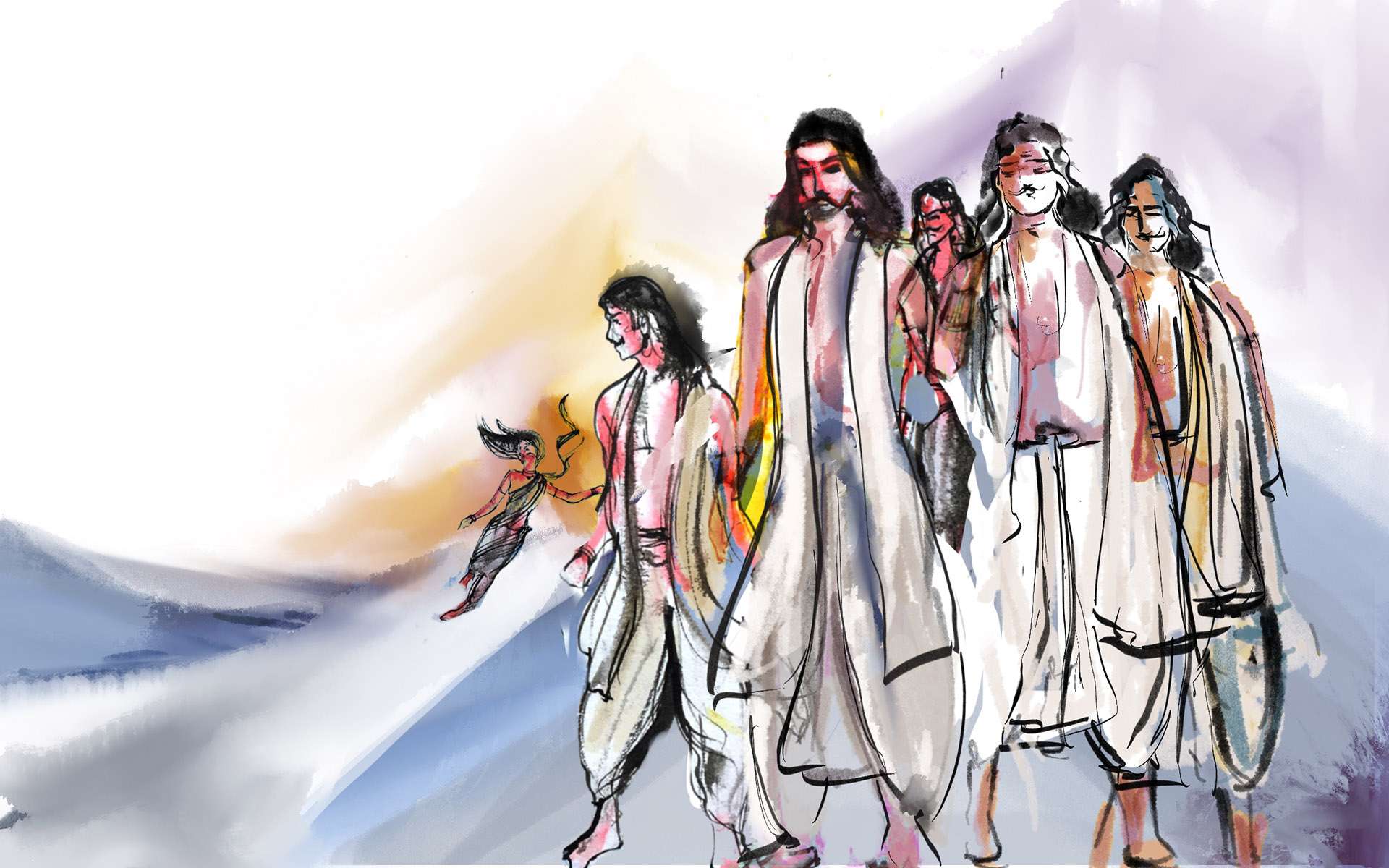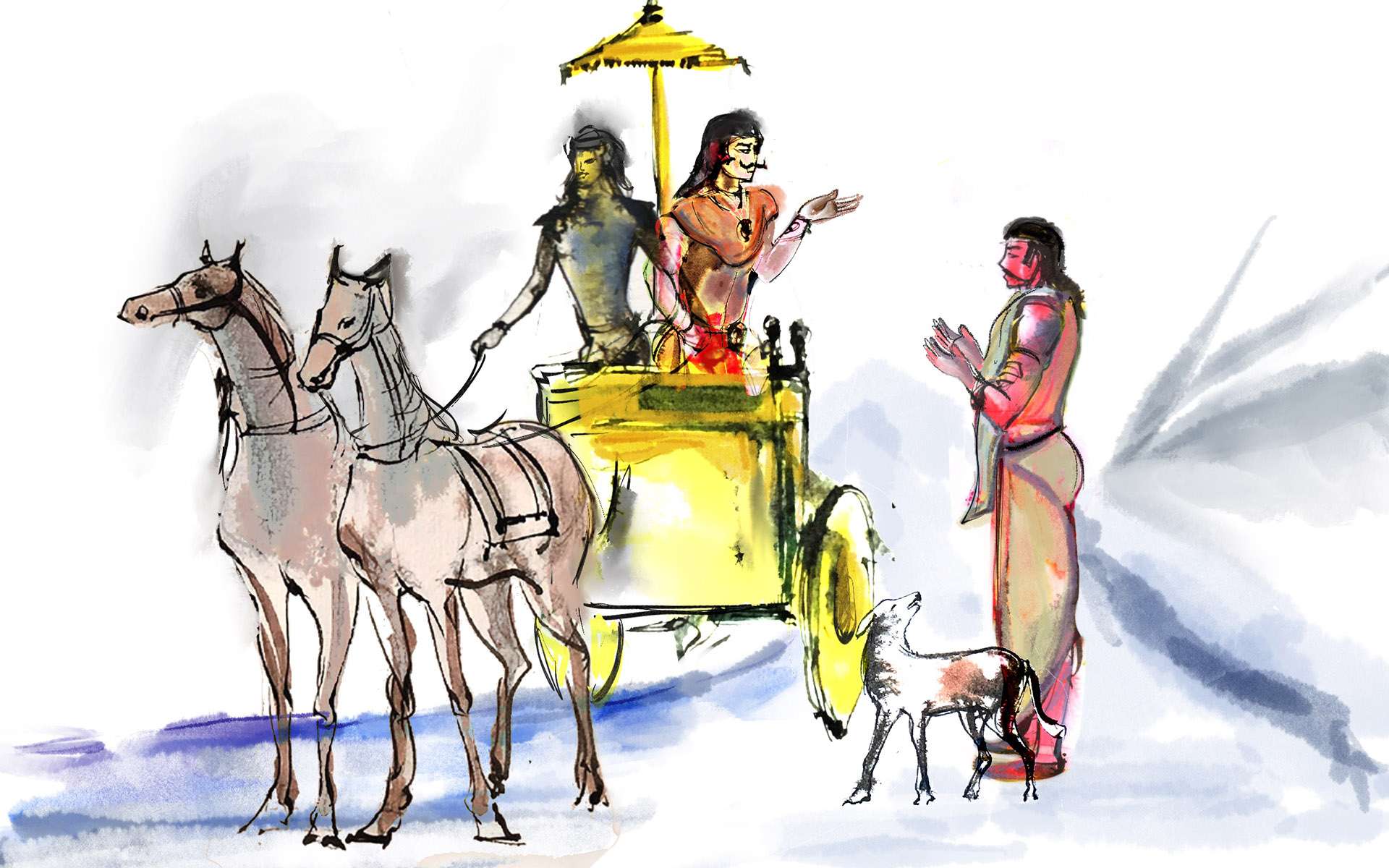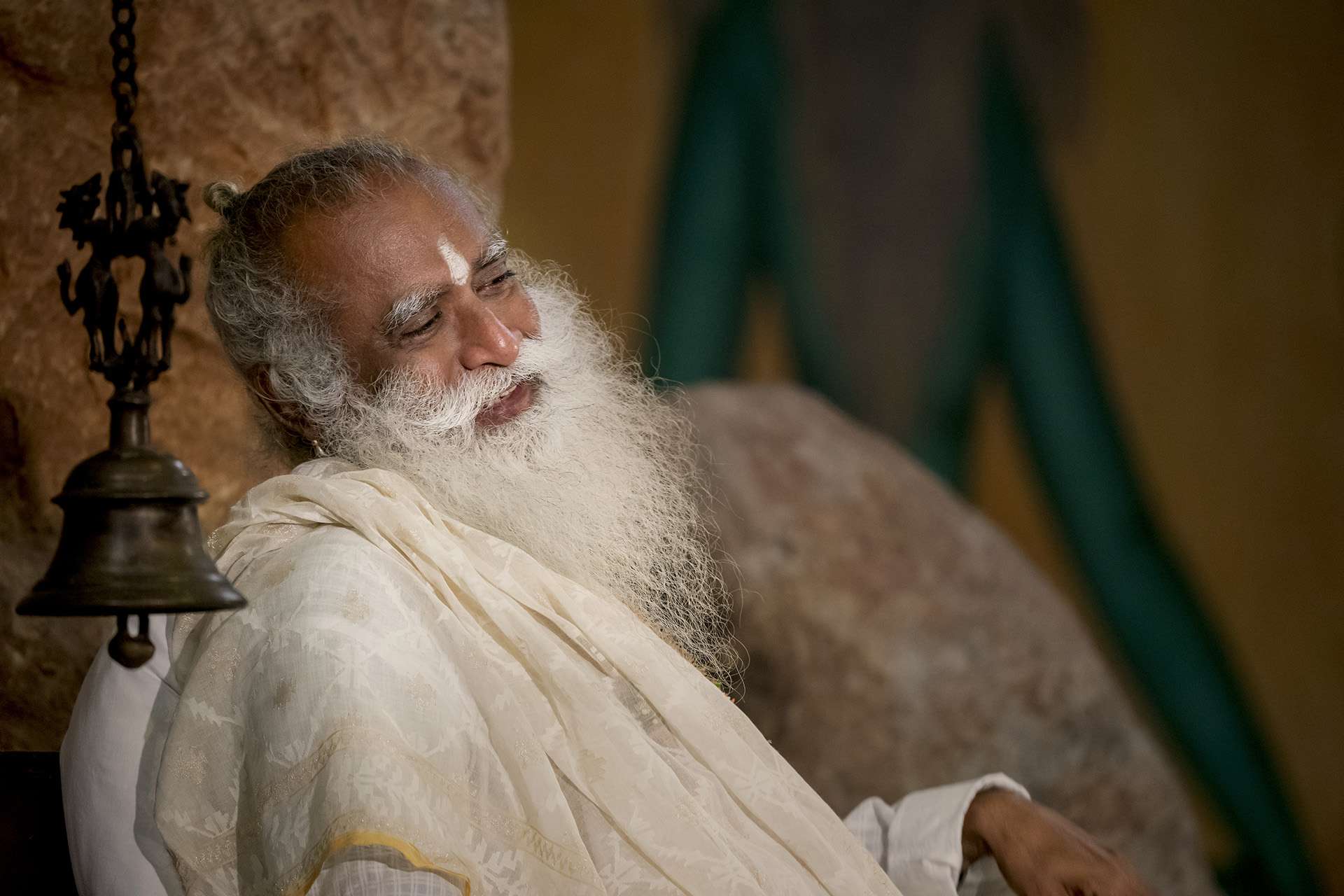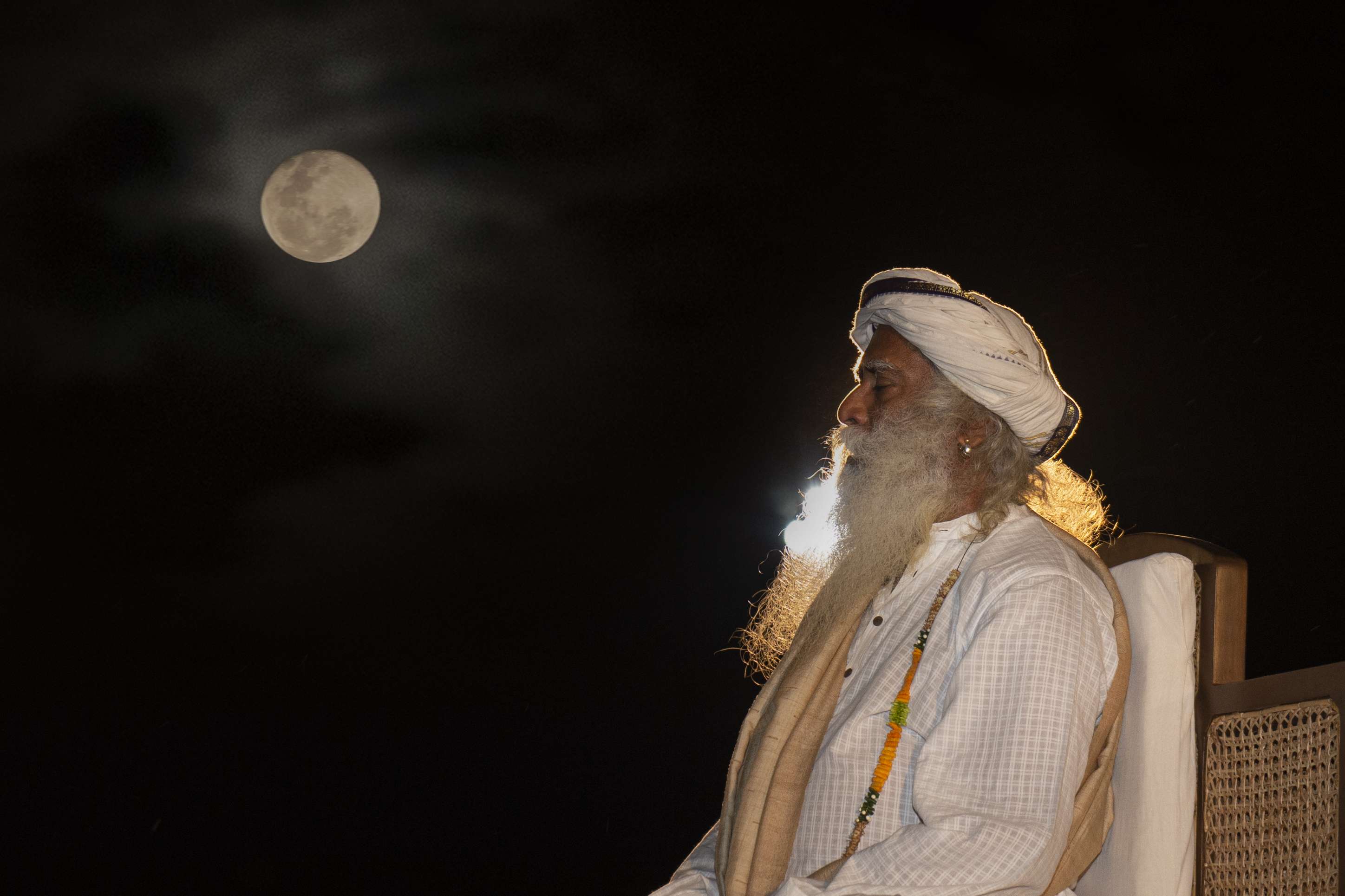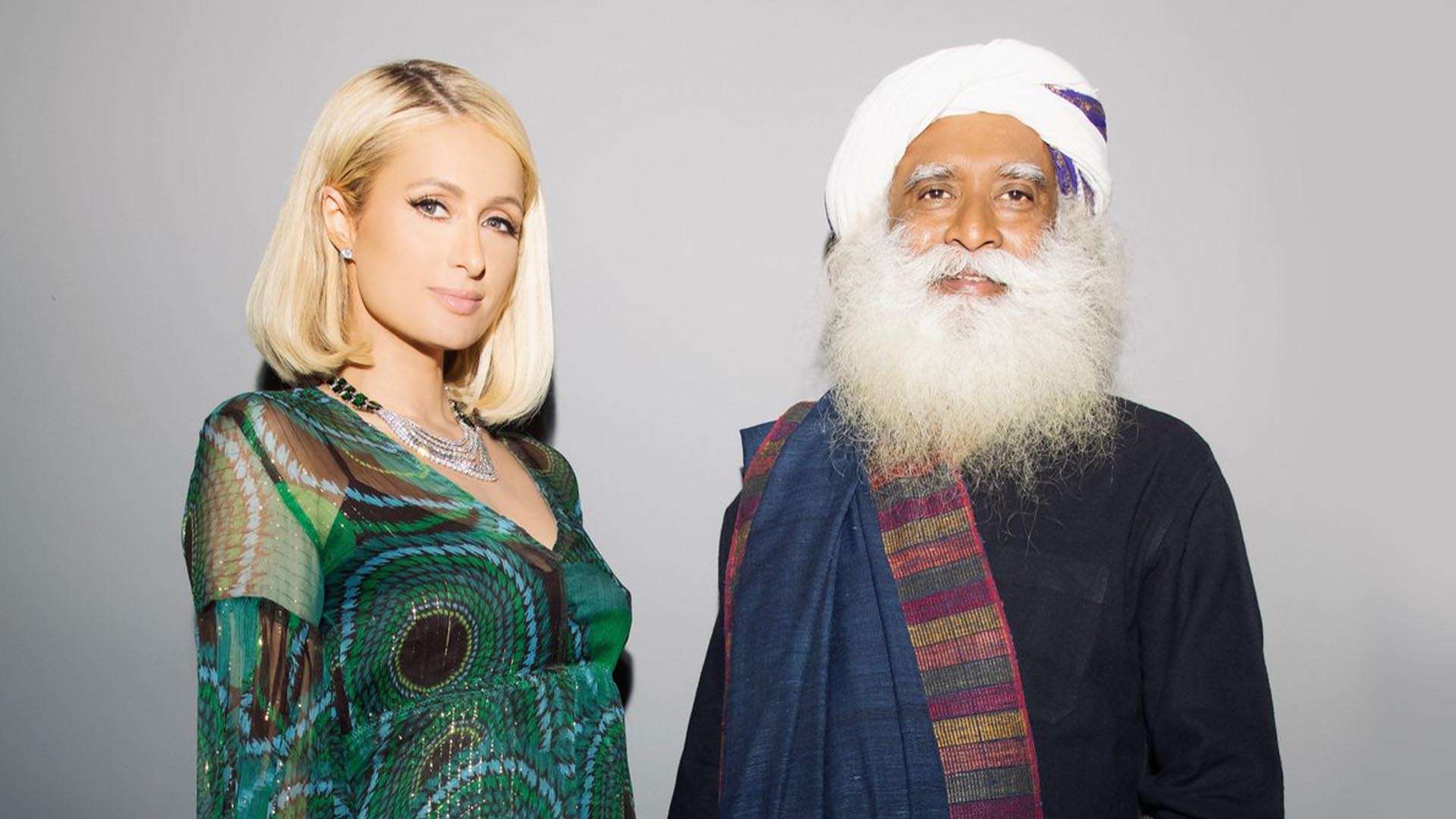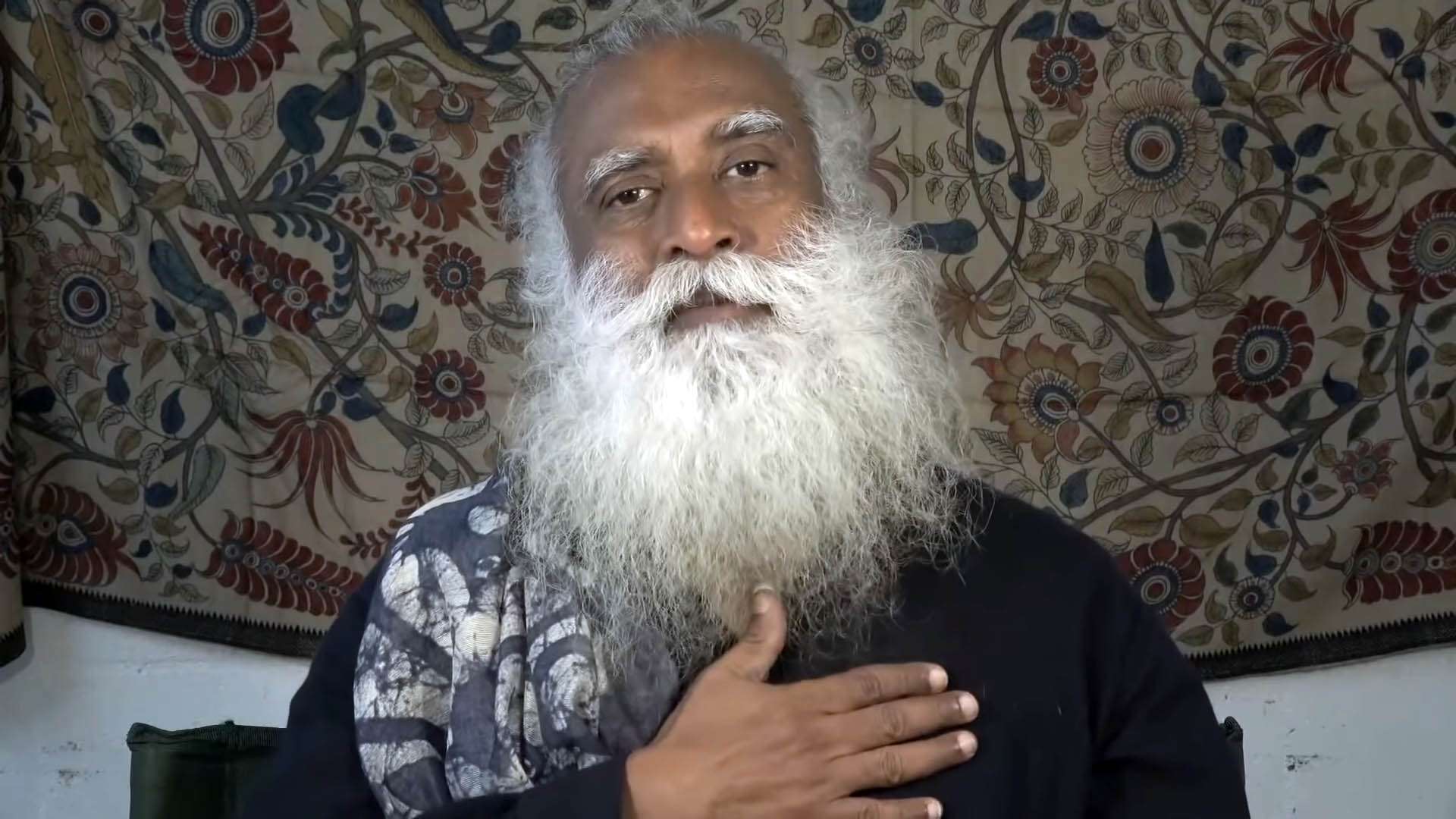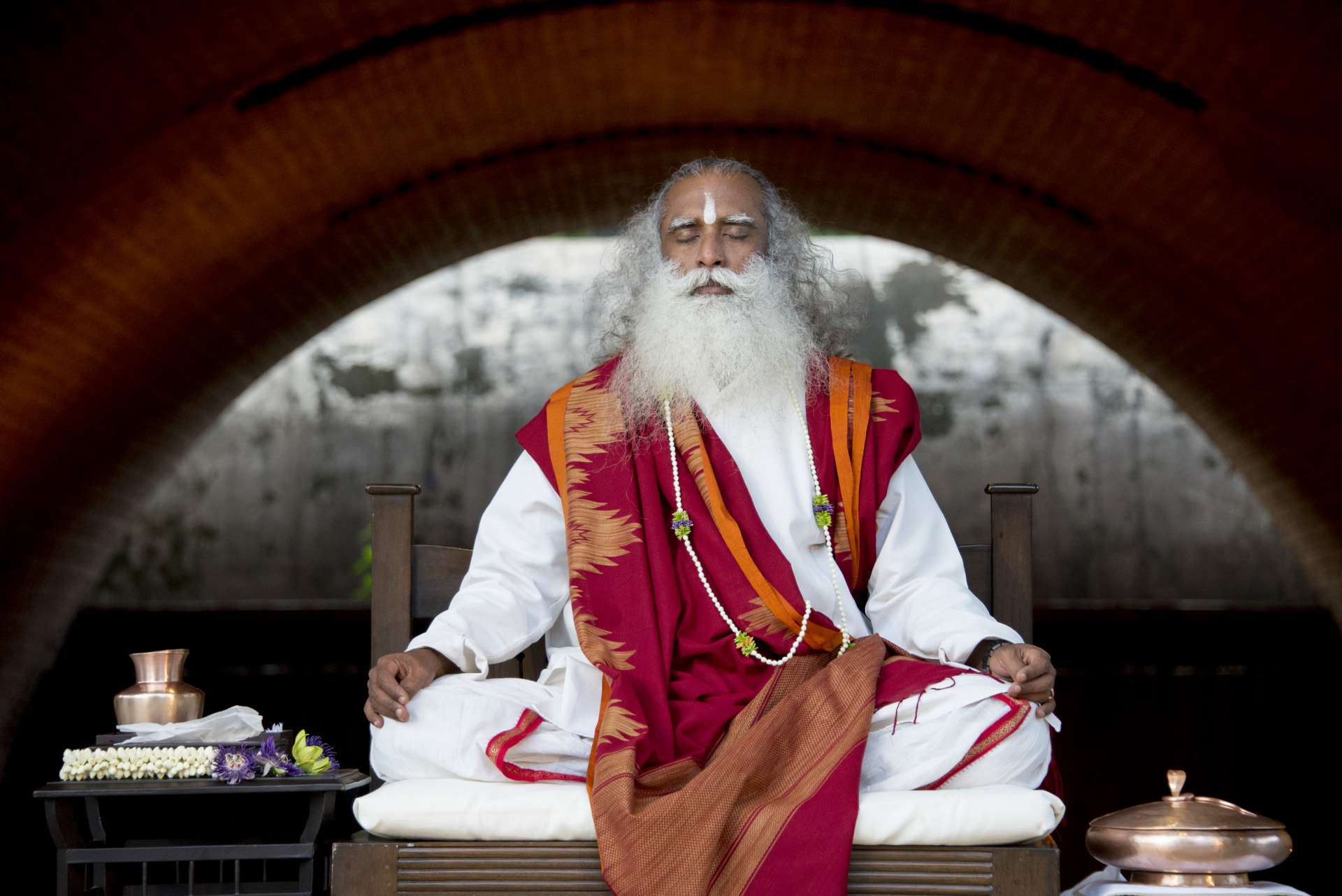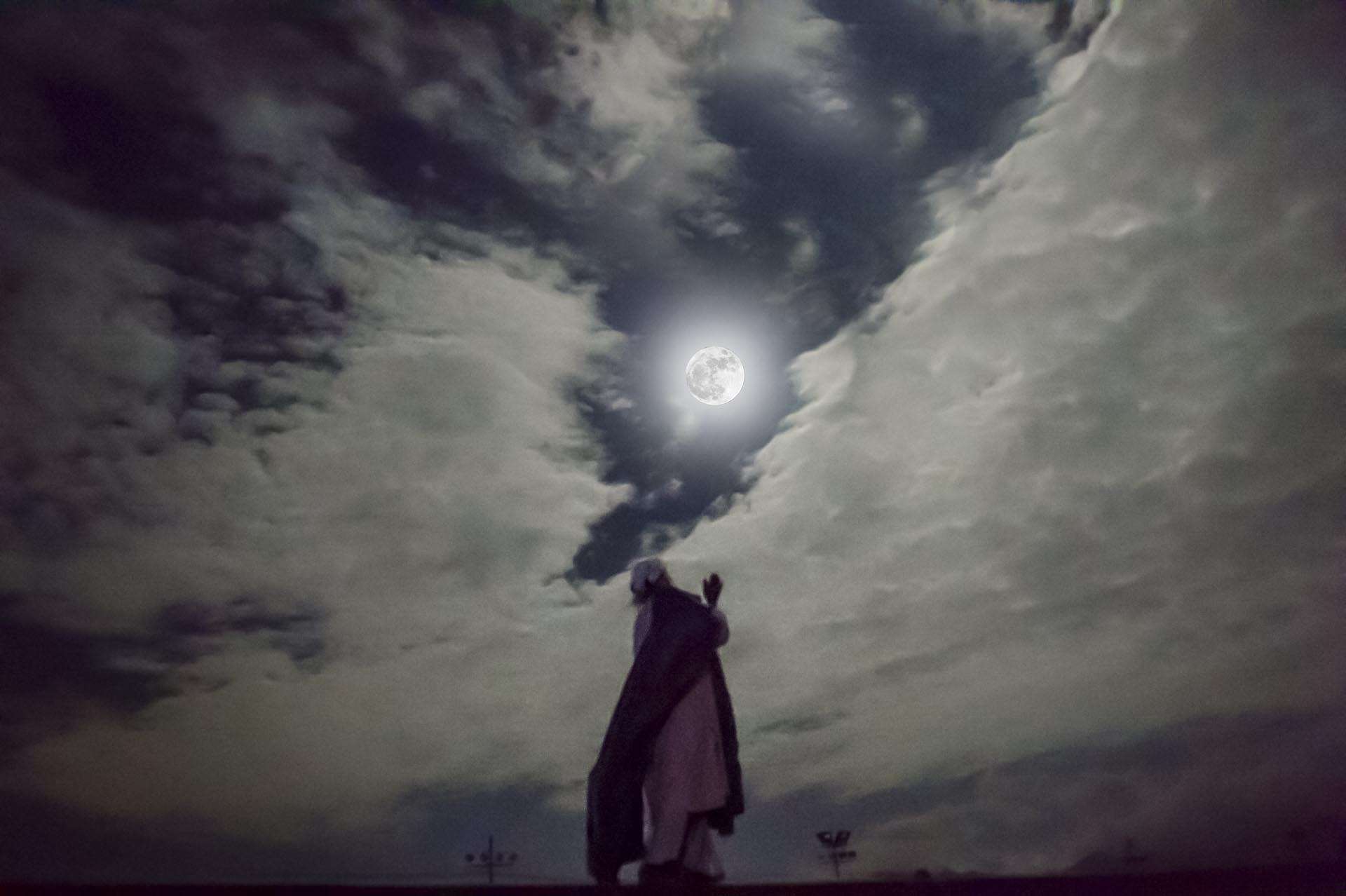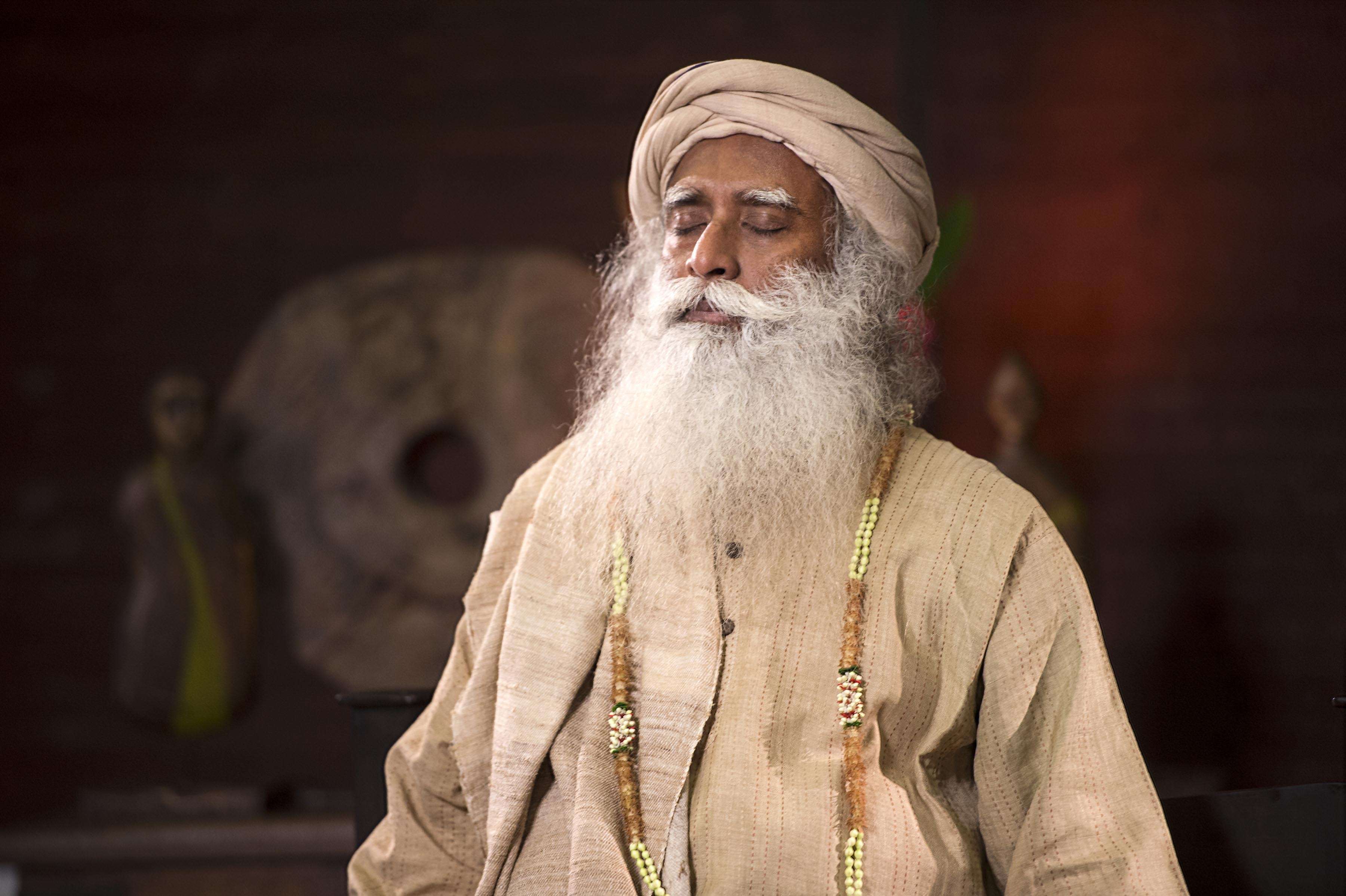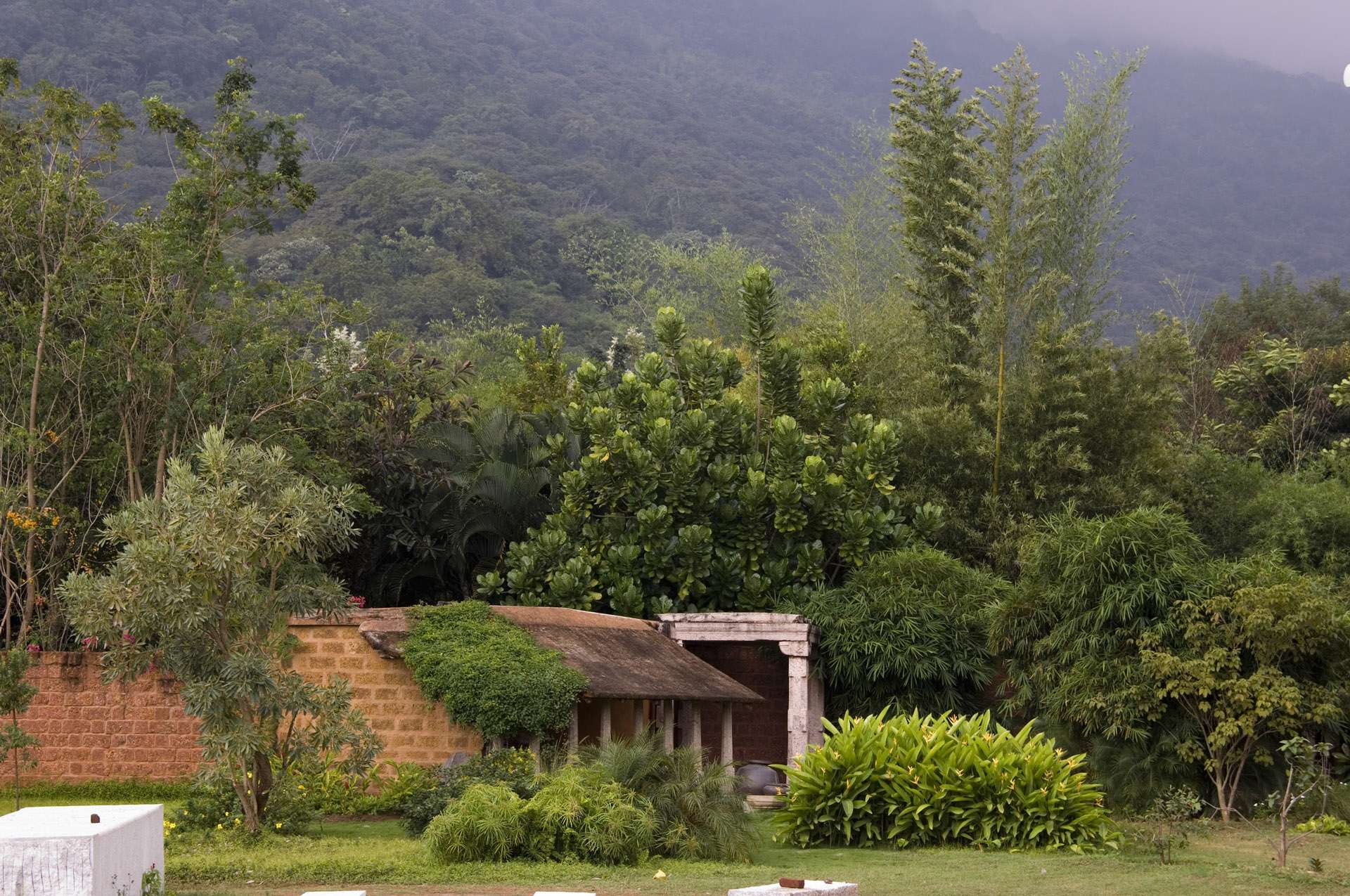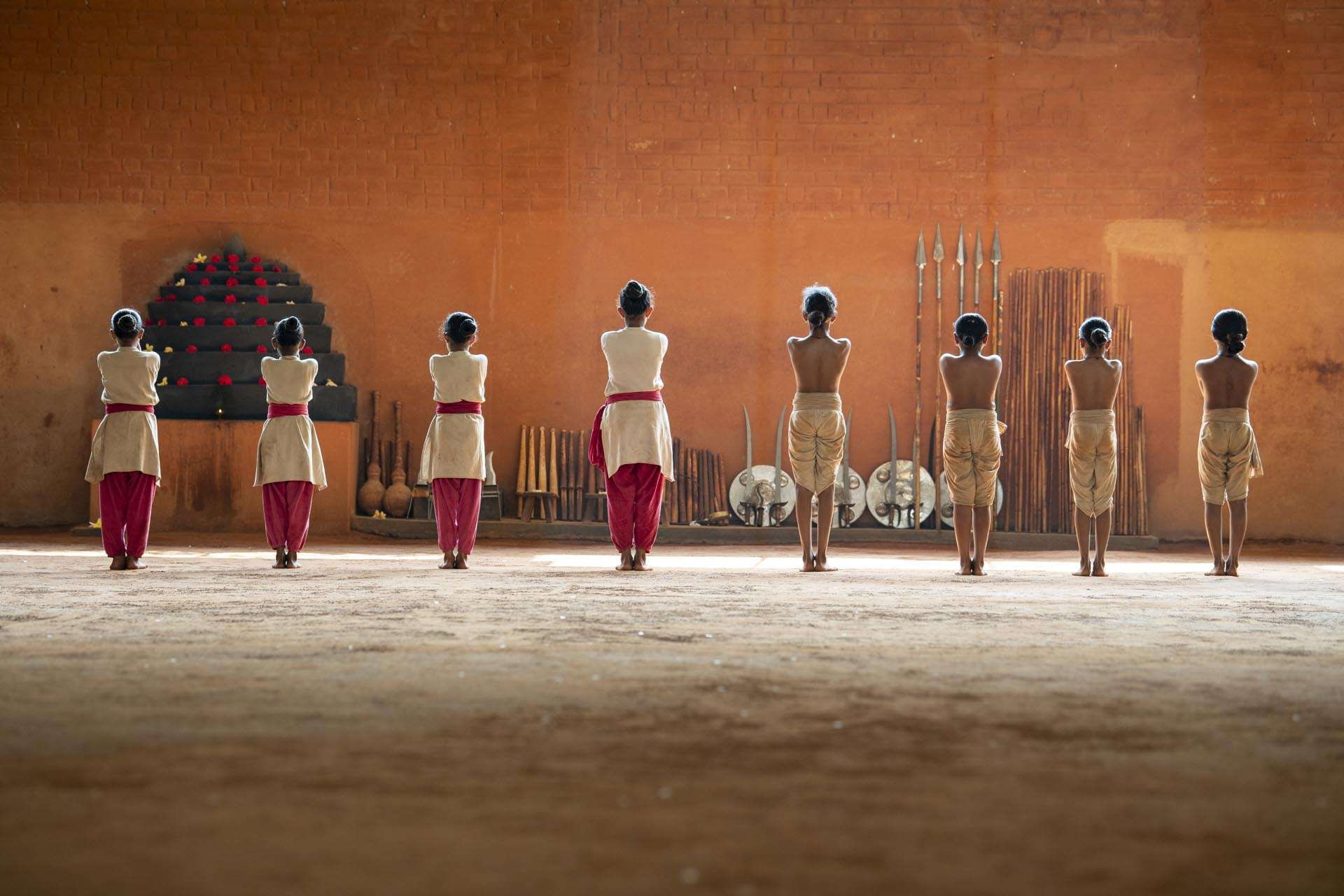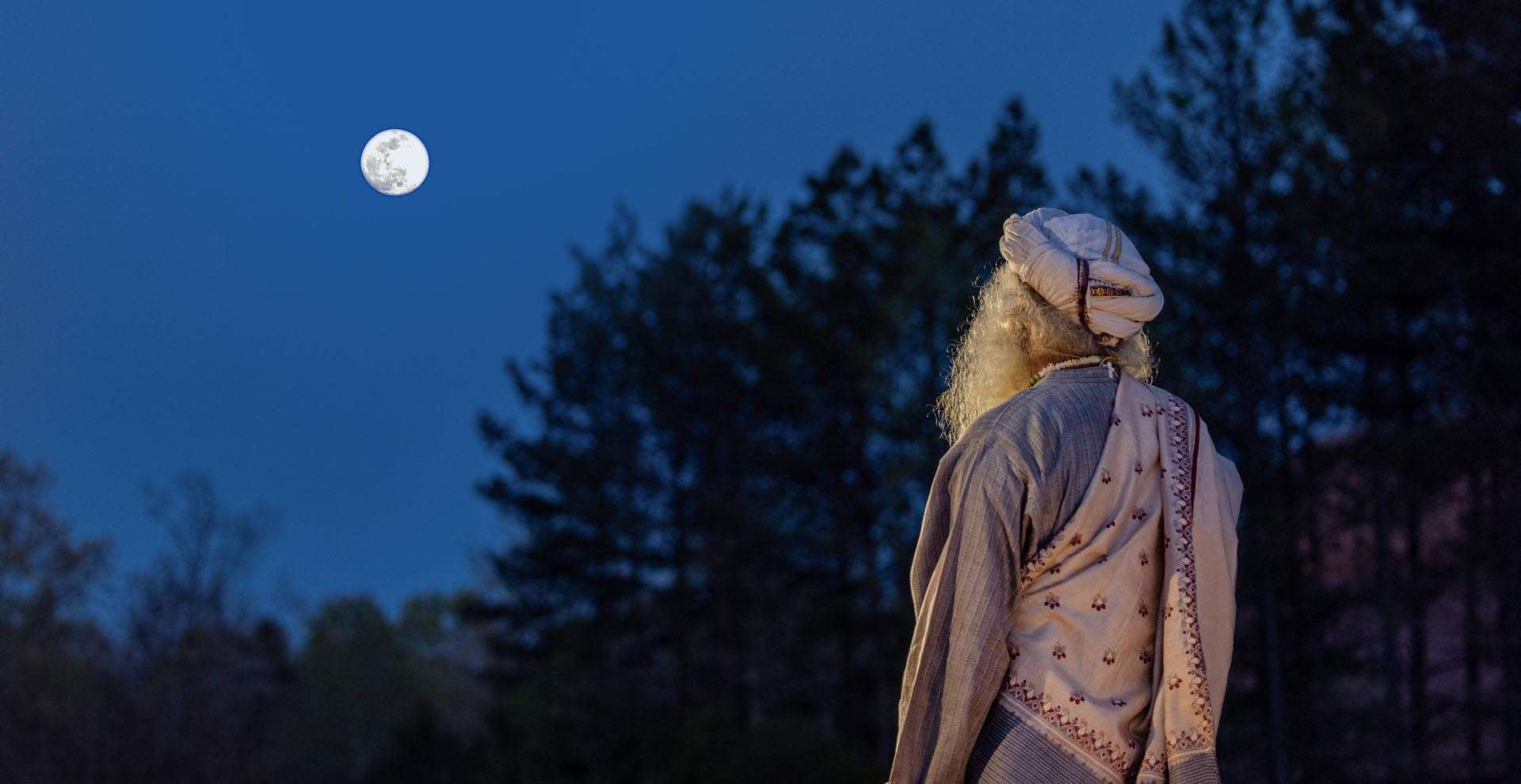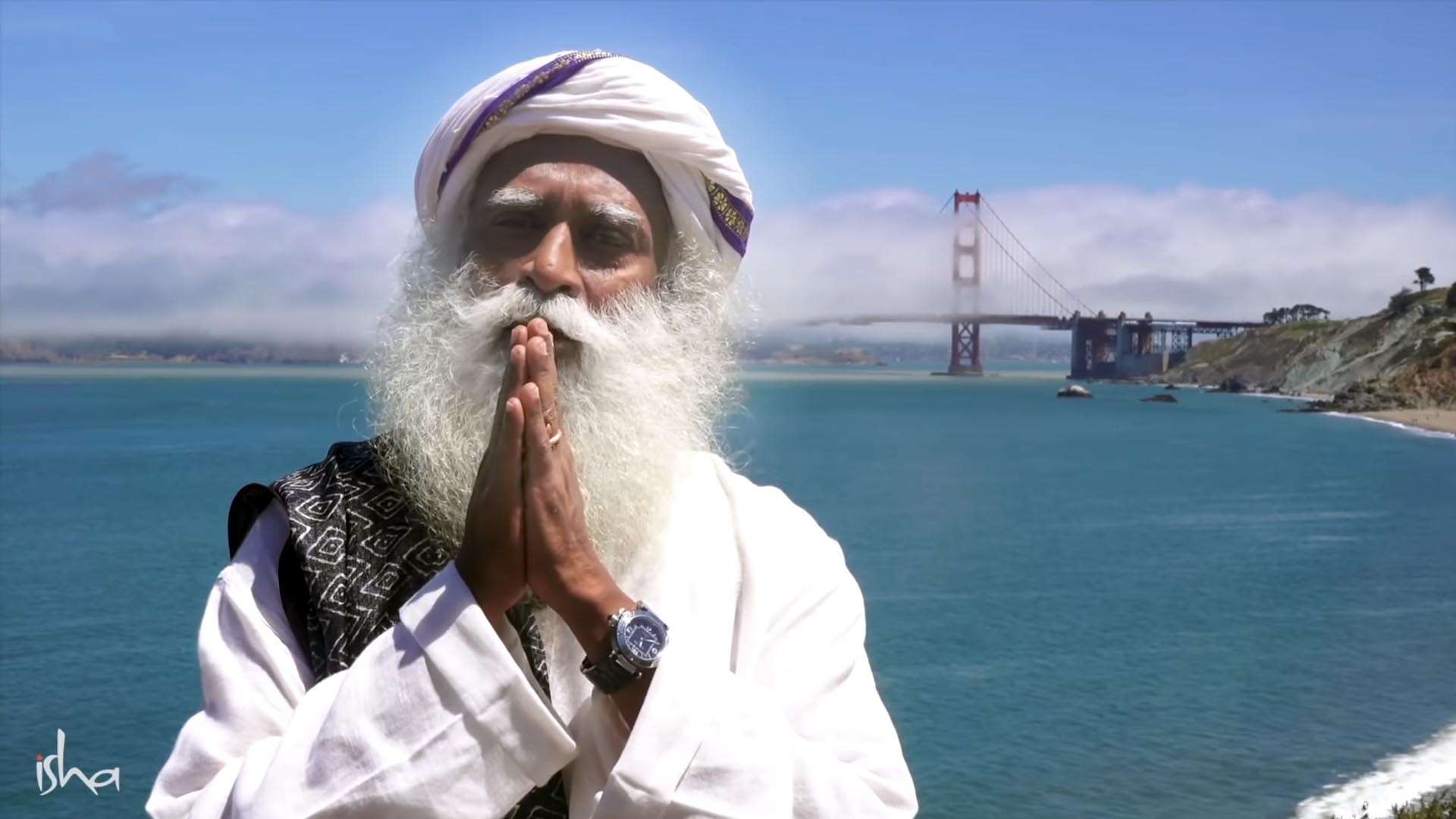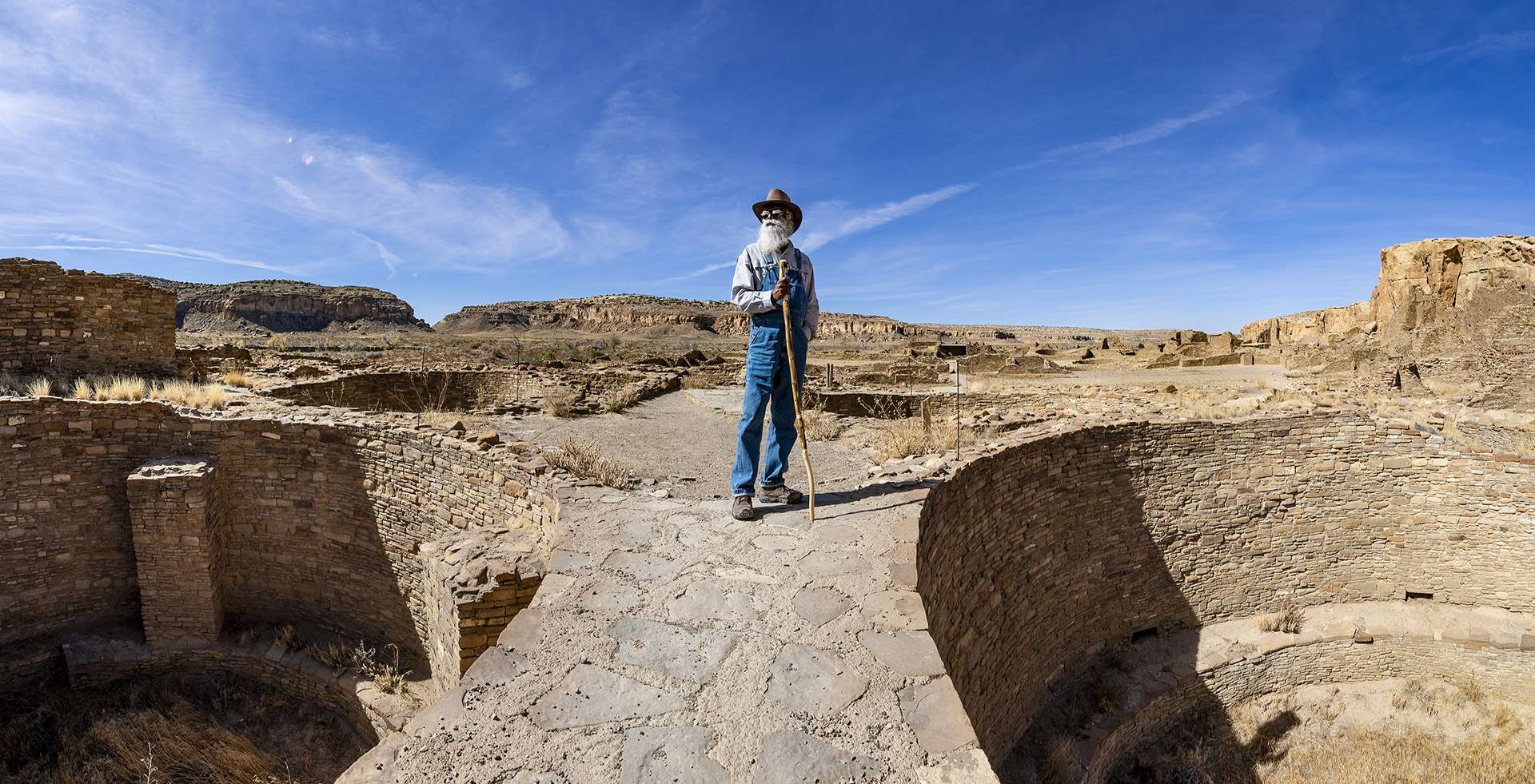Sadhguru: After the war, the Pandavas settled down in Hastinapur to become kings. Yudhishthira ruled in a just manner. But as time went by, they forgot the million deaths on their hands, the enormous strife that they themselves and others had gone through. And, above all, the presence of an avatar and the things Krishna told them along the way – everything slowly faded into memory. The day-to-day affairs of the kingdom became more important to them.
They did well, but there is a difference between doing well and doing things under divine influence. If life is filled with grace, even a simple hermit will look glorious. Glory will not come because of heaps of gold, diamonds, or silks. Glory comes because of the way you bear yourself. And that bearing will come only when the Divine stands by you.
They became successful, they conquered, they conducted an Ashvamedha Yagna, and they dominated the whole region. Largely, Yudhishthira was the only one who remembered Krishna’s every word and tried to live it to whatever extent he could, with the responsibilities he carried. All others slowly became kings, enjoyed being around the king, and being the king’s brothers. They were not too arrogant; they did not exploit anyone – they just lived well.
Whatever competence and capability you may have will be crippled and not bear fruit when you are arrogant.
As they started getting old, they said, “Parikshit has grown into a fine young man. It is time we coronate him and try to sort out our own lives.” Mind you, they lived with Krishna; they lived with the presence of the Divine, but they still had to sort it out themselves. Parikshit was Abhimanyu’s son and Arjuna’s grandson. They coronated him as the emperor of the Kuru dynasty, and the Pandavas and Draupadi decided to go to vanaprastha[1]. When they walked out of Hastinapur, people gathered in huge numbers. They had been around for so long. Many people of the older generation had seen them going through all kinds of trials and tribulations and coming out successfully. After ruling for thirty-six years, their departure was a major event in the empire.
Yudhishthira said, “Let’s climb Mount Sumeru.” They started their walk and proceeded steadily for weeks on end. As the slopes got steeper, one day, Draupadi slipped and fell. Distraught, the four brothers screamed, “Draupadi fell!” But Yudhishthira did not even turn back – he just kept going. When they caught up with him and Bhima asked, “Draupadi has suffered so much in her life. She stood by us through thick and thin. Why should she fall? What did she do wrong?” Yudhishthira said, “She committed herself to loving all five of her husbands equally, but she could never manage that. She always loved Arjuna and longed to be with him as a wife. She only fulfilled her duty with us. Her love was only for Arjuna. And when she came to know that Karna was also Kunti’s son, she wondered why she couldn’t have him too. For these two things, she has fallen.” And they continued to walk.
Then Nakula fell. The others asked, “Why did he fall?” Yudhishthira said, “Nakula was supposed to be the most handsome man. He was too proud of his appearance. His vanity made him fall.” They continued further. Then Sahadeva fell. They asked, “Why? This man barely uttered a word.” Yudhishthira said, “He barely uttered a word, not out of his humility, but because he was smug.” Then Bhima fell. Arjuna asked, “Why Bhima? He was such a lovable, pure human being.” Yudhishthira said, “In his gluttony, he ate not like a man but like a pig. And he enjoyed other people’s suffering.”
If you enjoy other people’s suffering, whoever they may be, you are hammering nails into your own coffin. Sometimes, it may so happen that your actions will cause suffering to someone, but you should never ever enjoy it. If you think you can enjoy someone else’s suffering and bring wellbeing to yourself, you are in a fool’s paradise, and that was Bhima’s state. Yudhishthira said, “He believed that he has to enjoy other people’s suffering, otherwise his is not fully successful. For that, he fell.”
Then Arjuna fell, and there was no one left to ask a question. Yudhishthira mumbled, “It was his vanity of being the best archer in the world, though he was not. He was a great archer, but not the best. To become the best, he would cut someone else’s thumb off; he would do whatever was needed. And still, he always worried: ‘Suppose, tomorrow morning a strapping youth comes and shoots better than me, then what do I do?’ He constantly lived with this insecurity. For that, he fell.”
Yudhishthira walked on alone. Then Indra sent his vehicle to pick him up. They say that if you arrive absolutely virtuous, you can go to Devaloka with your physical body. That means you can enjoy it. If you go to Devaloka without your physical body and you are trying to eat good food, it will fall down.
So, Yudhishthira was going to get picked up with his physical body. The vehicle arrived and the hospitality escorts from Devaloka said, “Come in! We have come to pick you up. But what is this dog?” Yudhishthira turned back and saw a dog behind him. He recognized it as the same dog that had been running around them when they had walked the streets of Hastinapur. He said, “This dog has come with me all the way from Hastinapur. Everyone else fell, but he has made it this far, so he probably deserves it. Let him come with me.” But they told him, “No dogs in Devaloka!”
To be continued…

